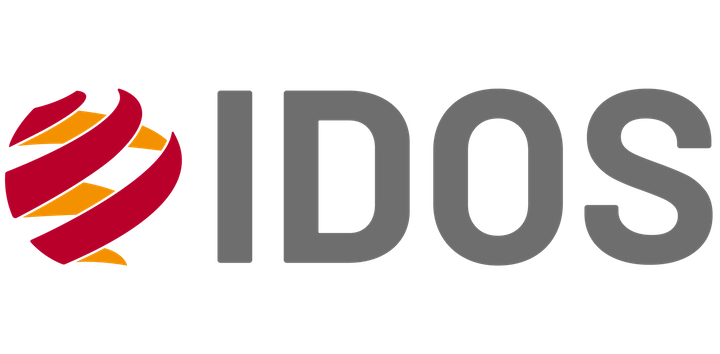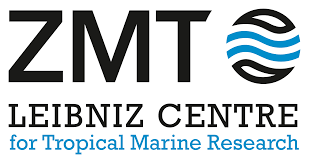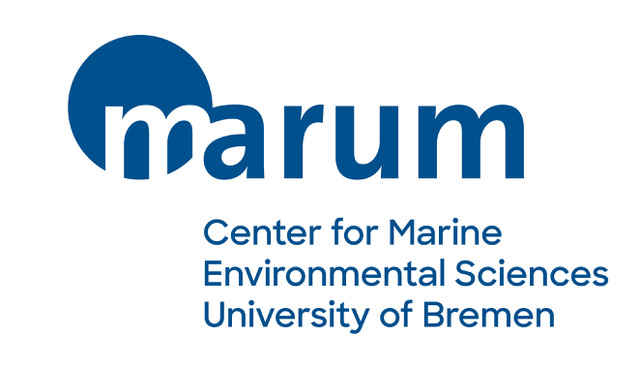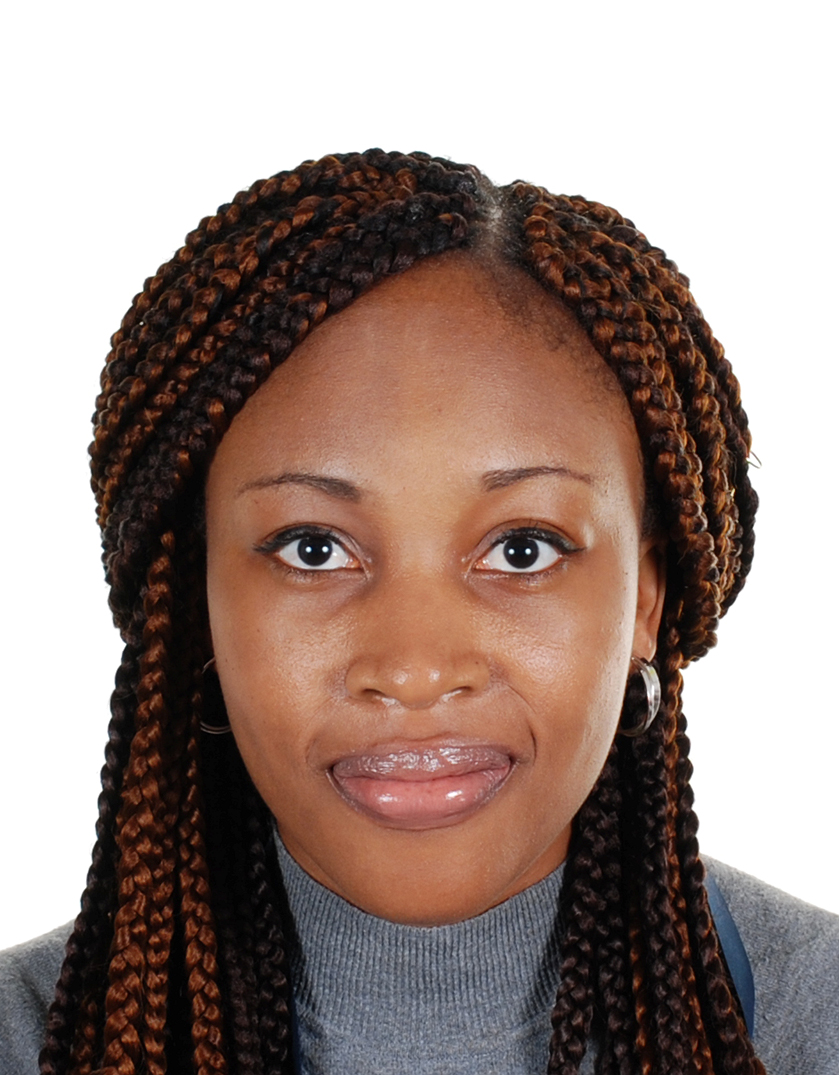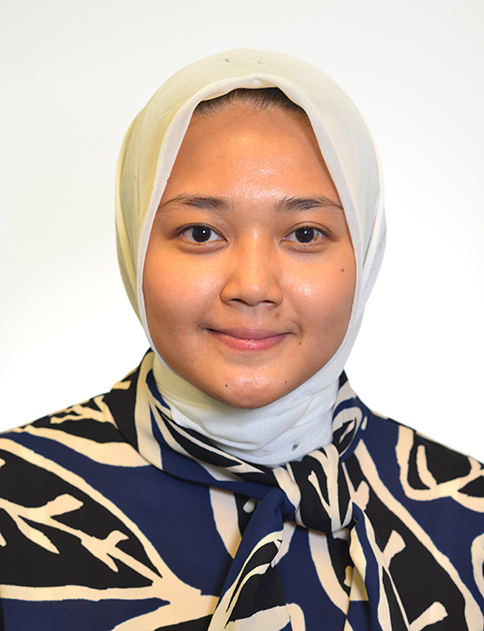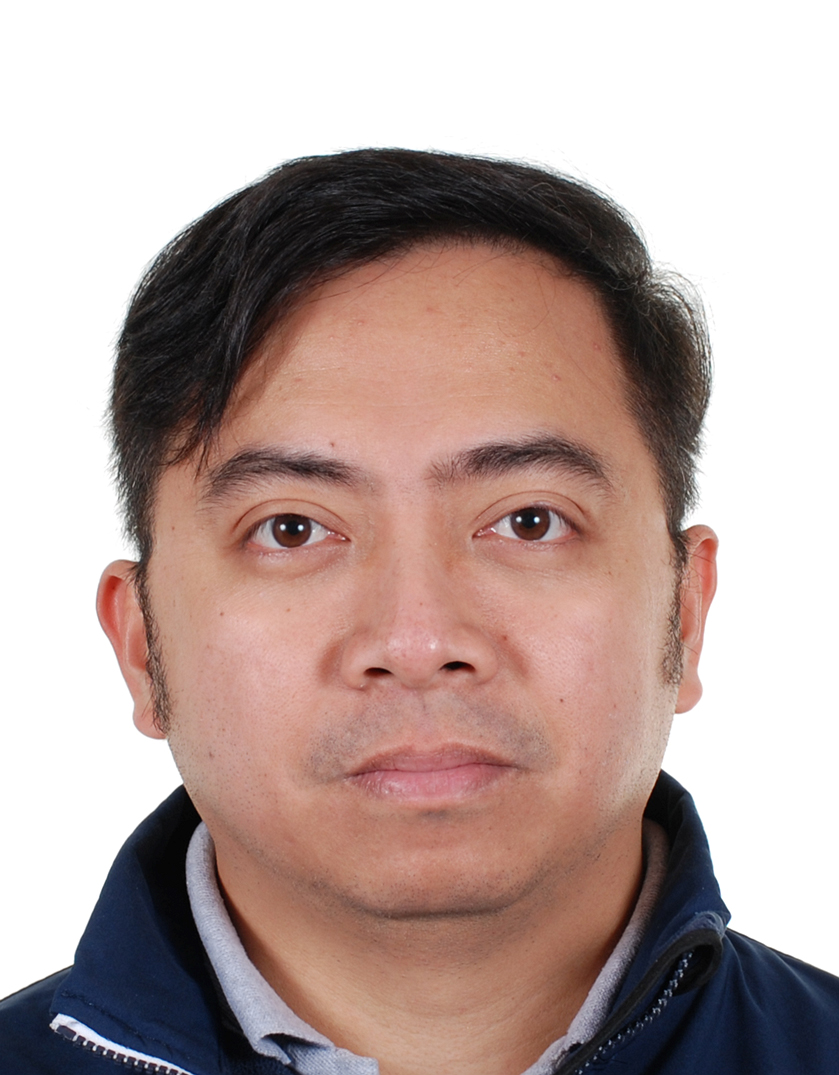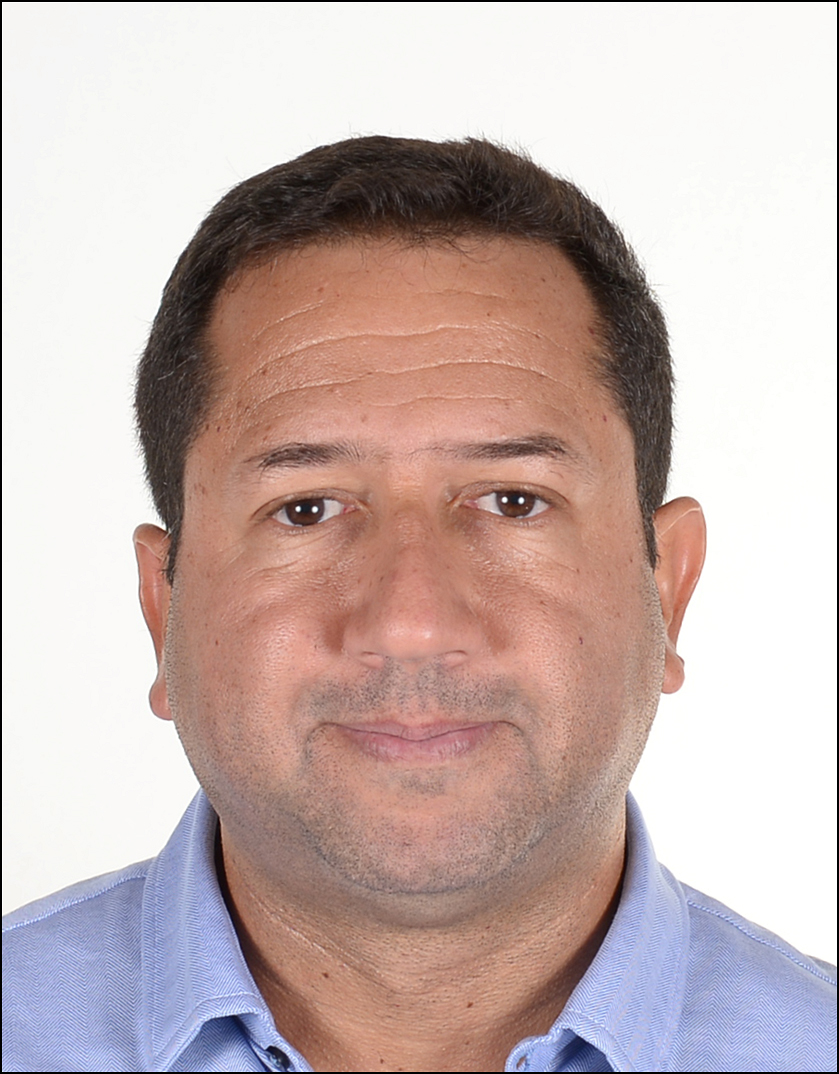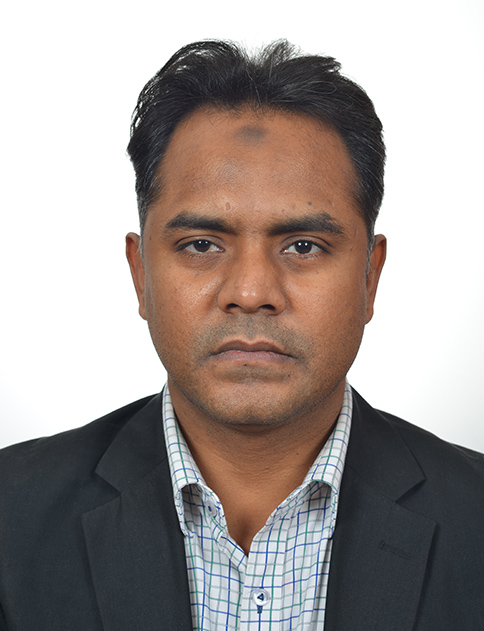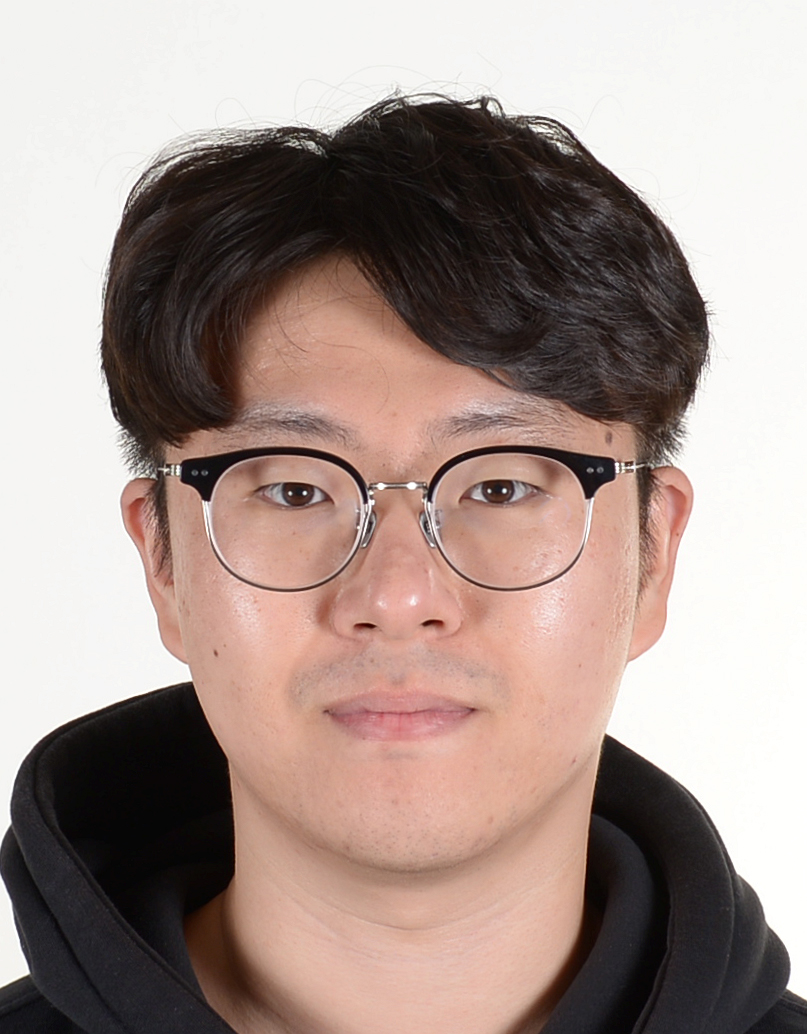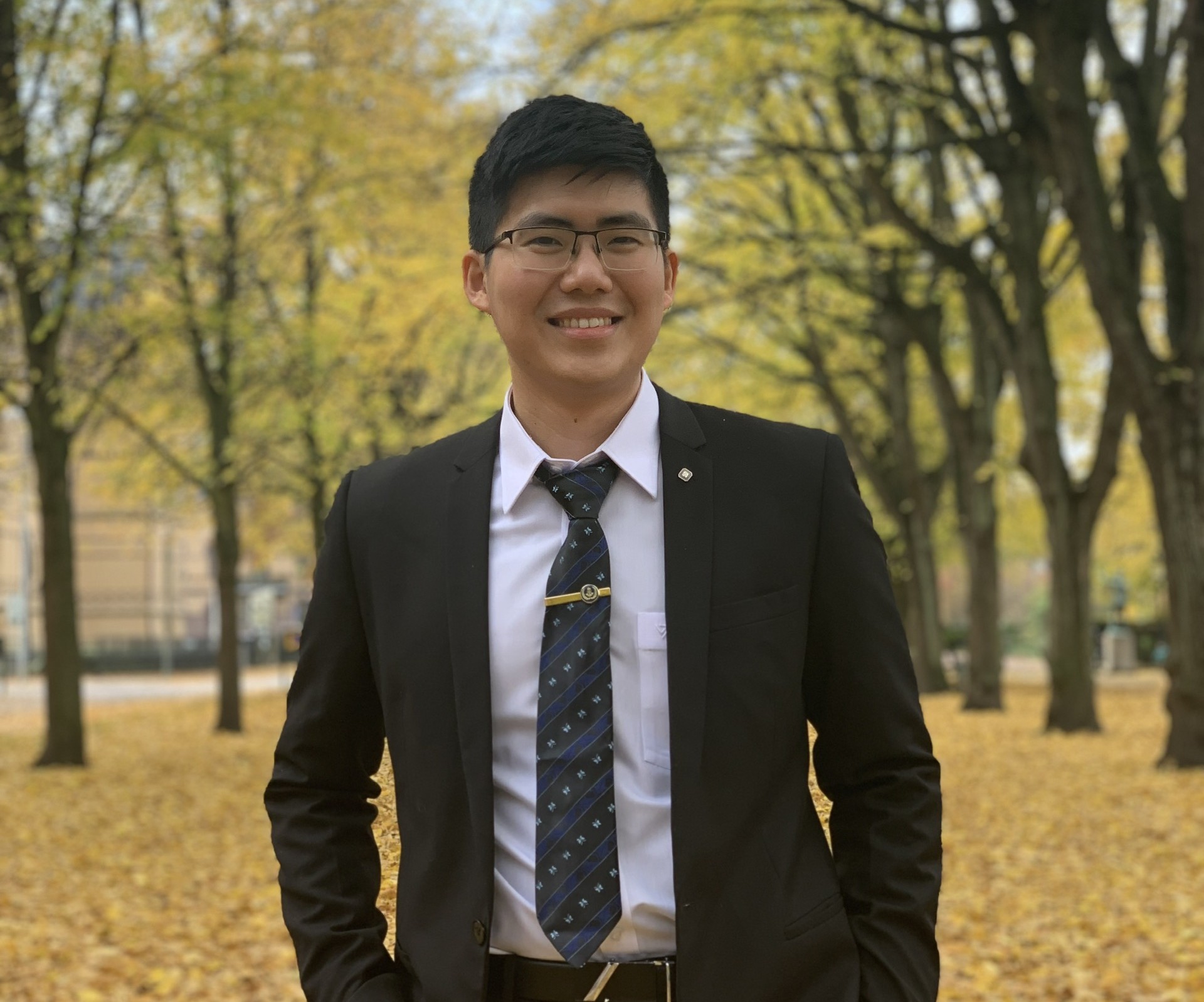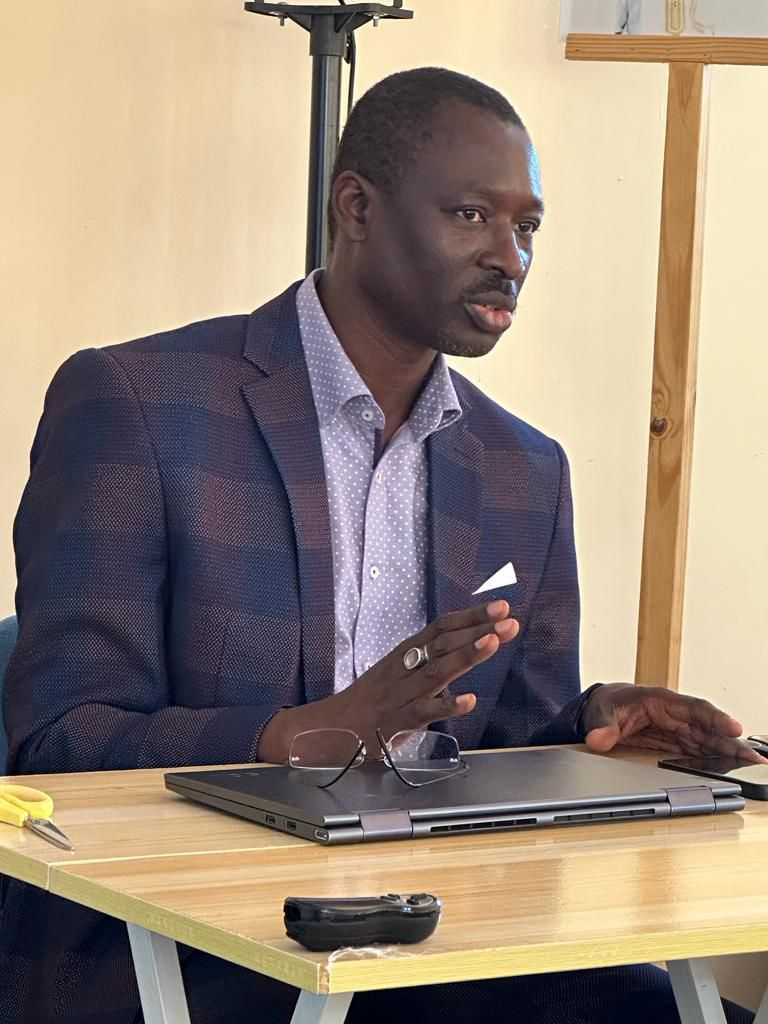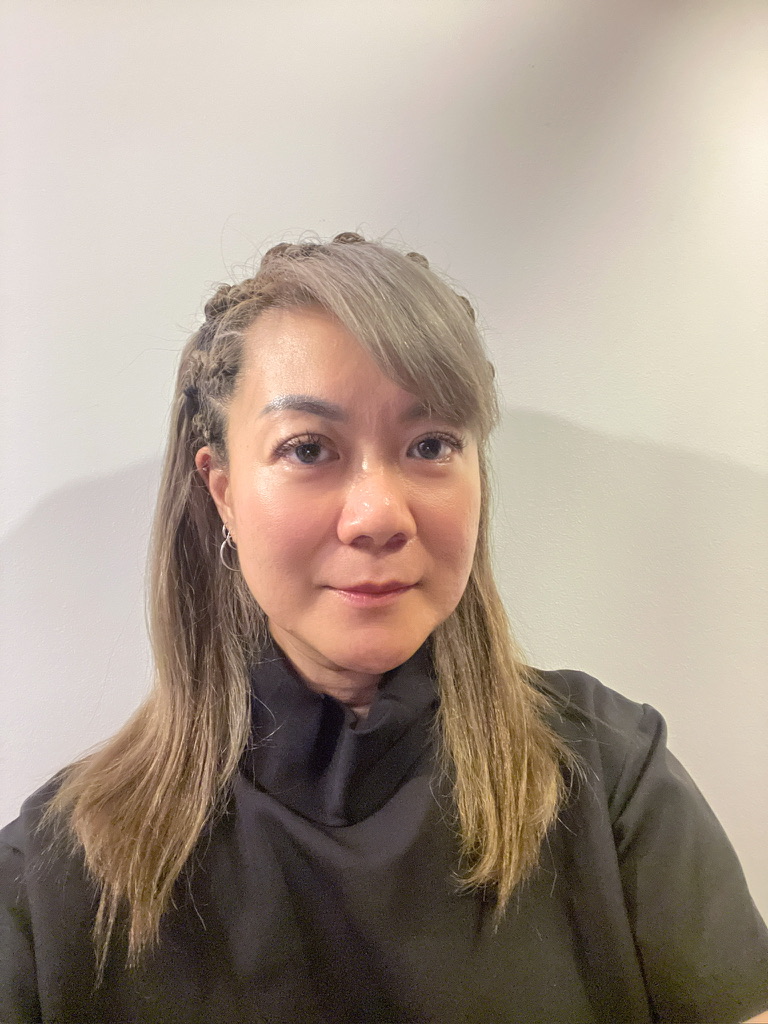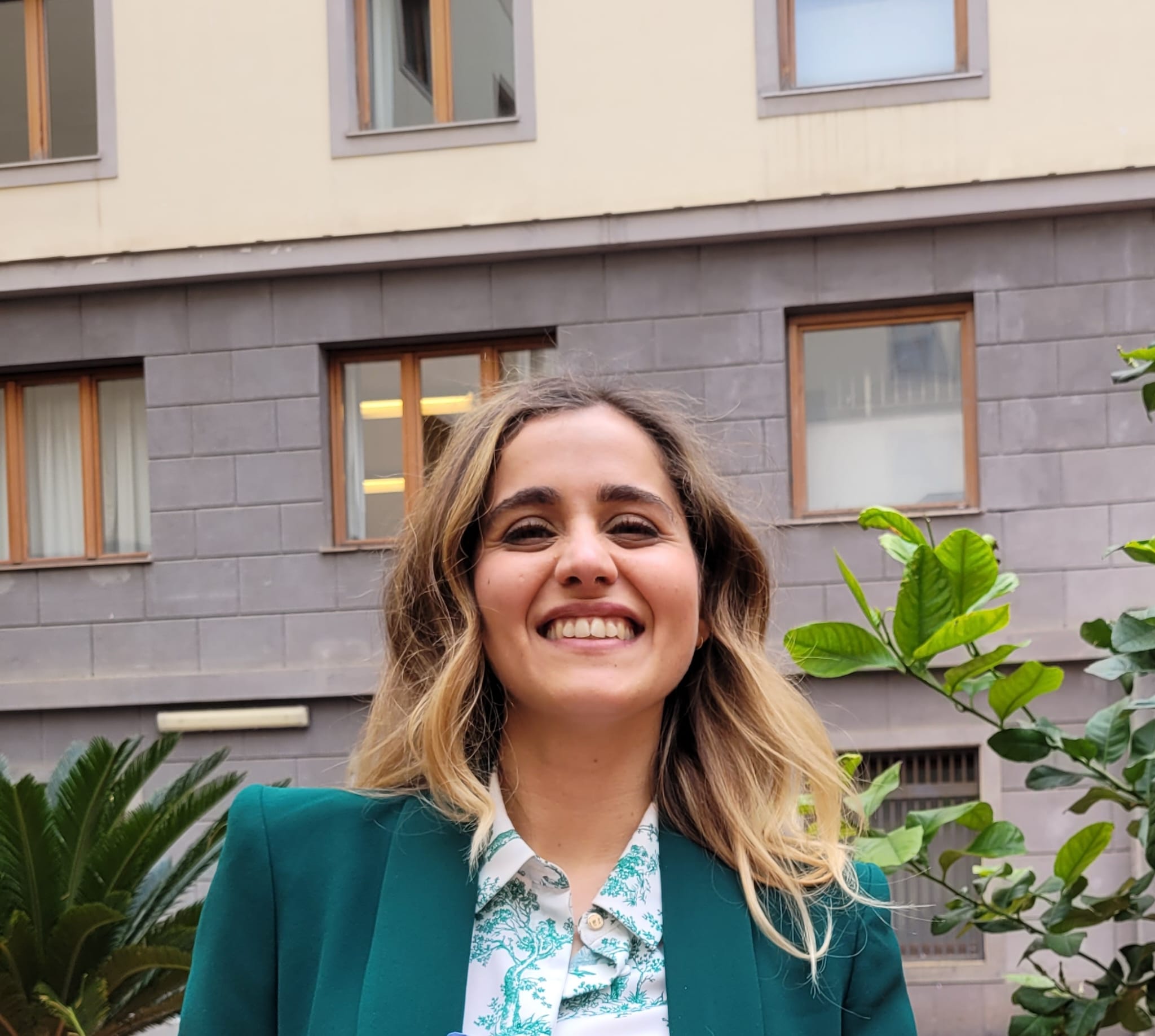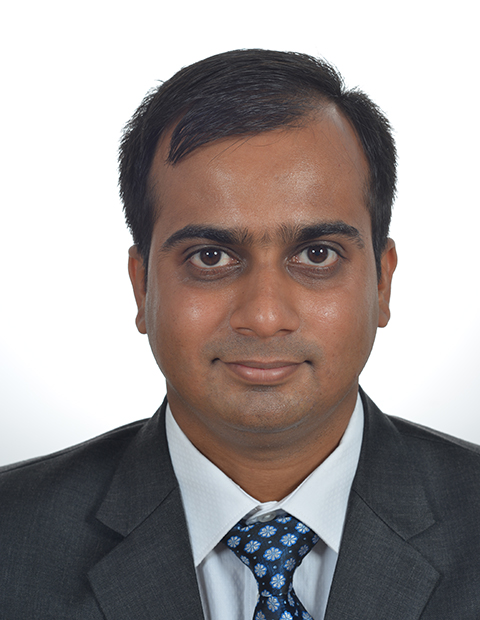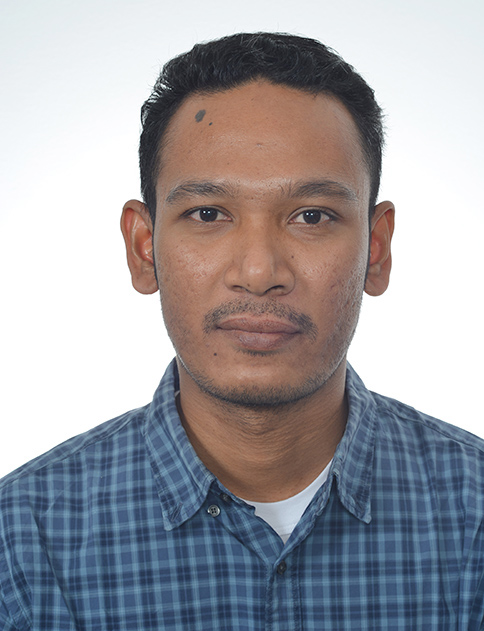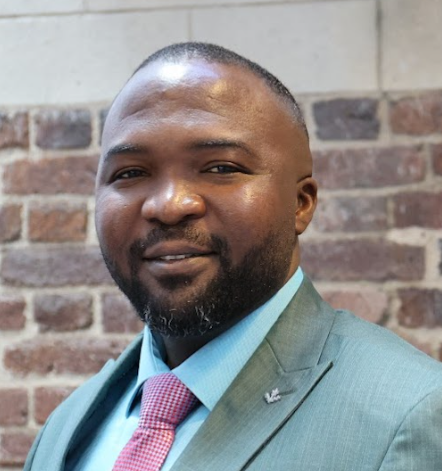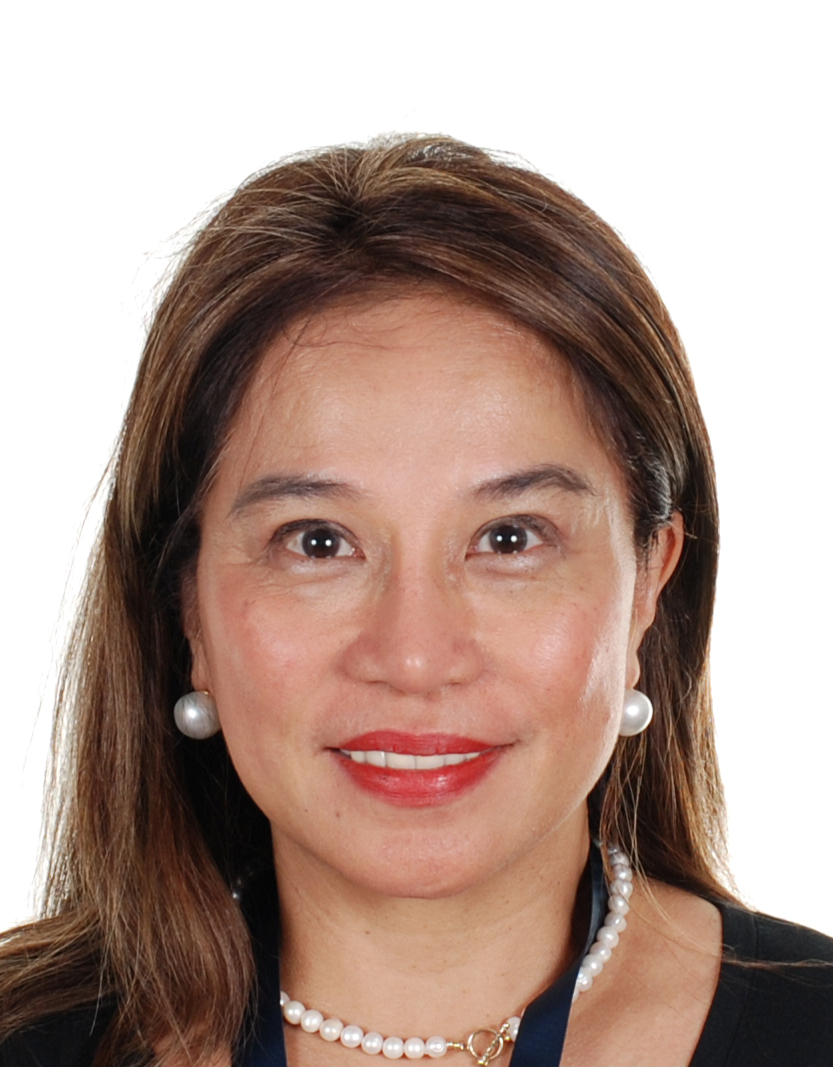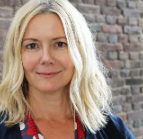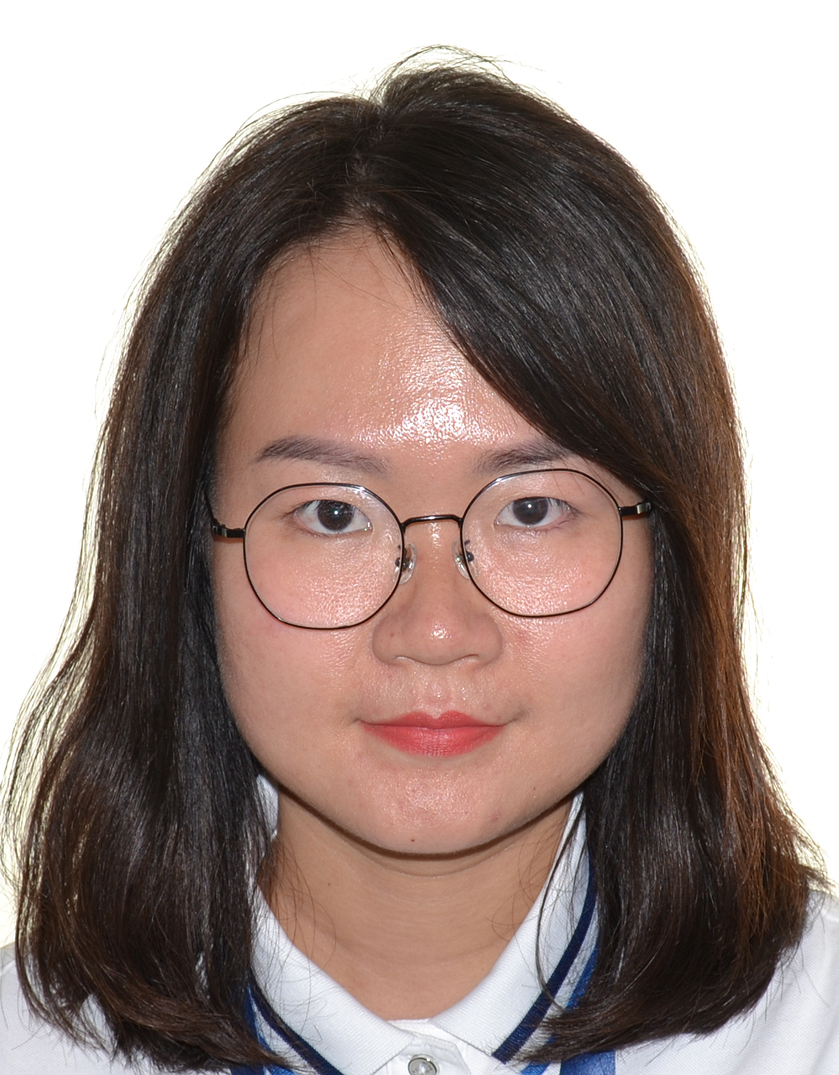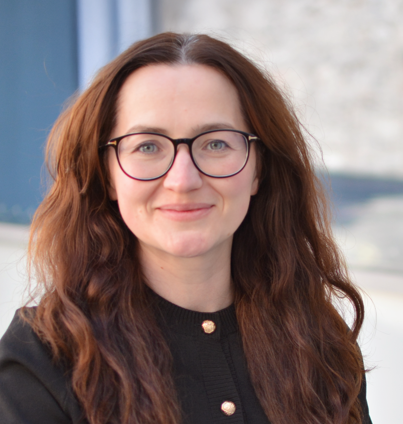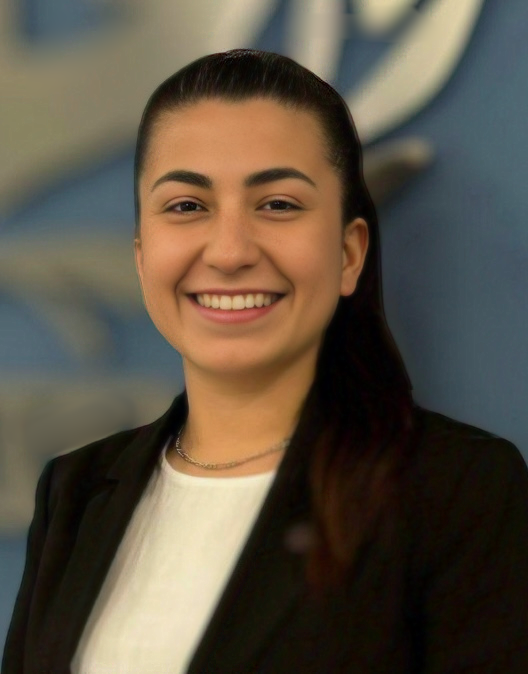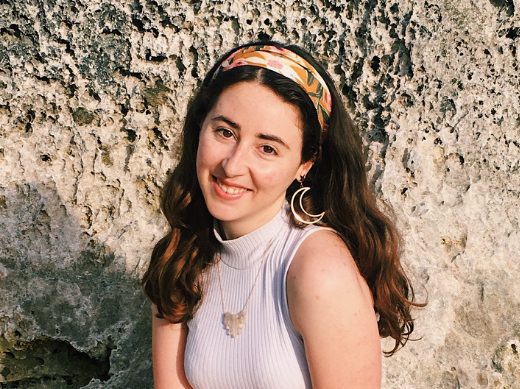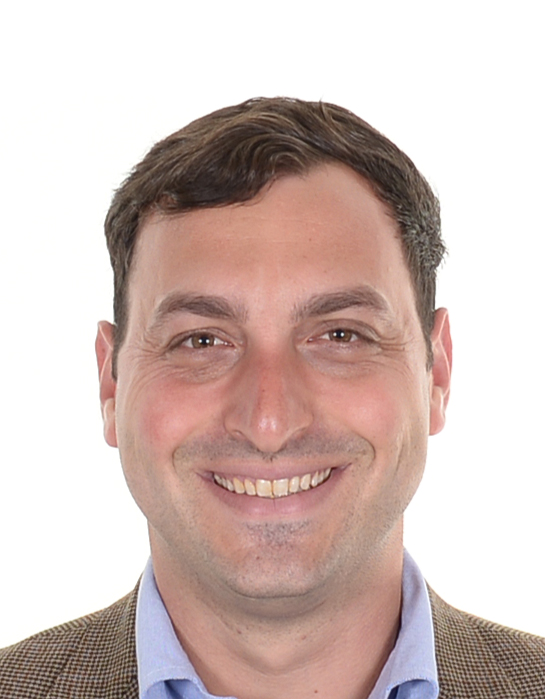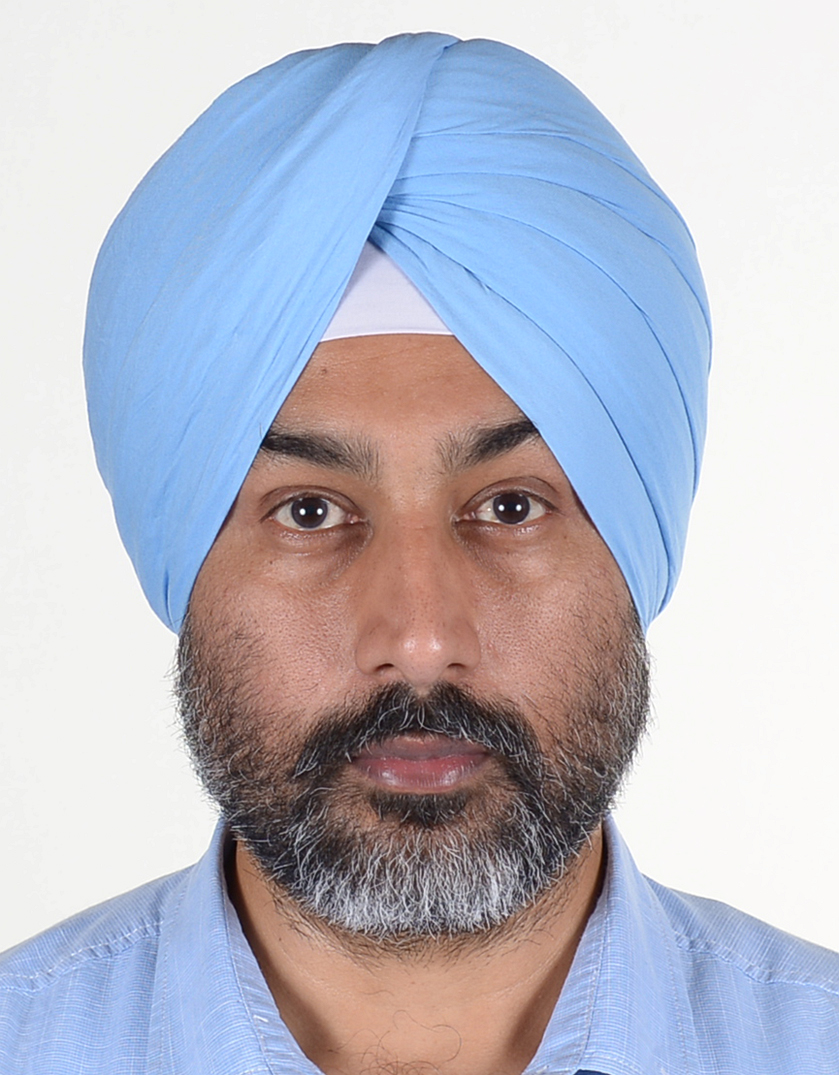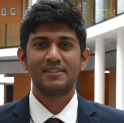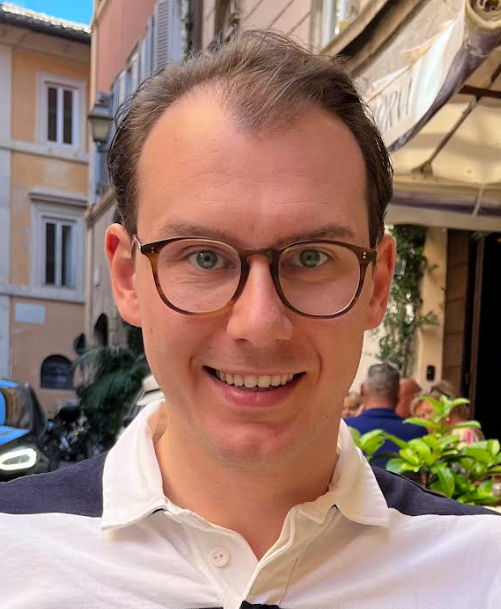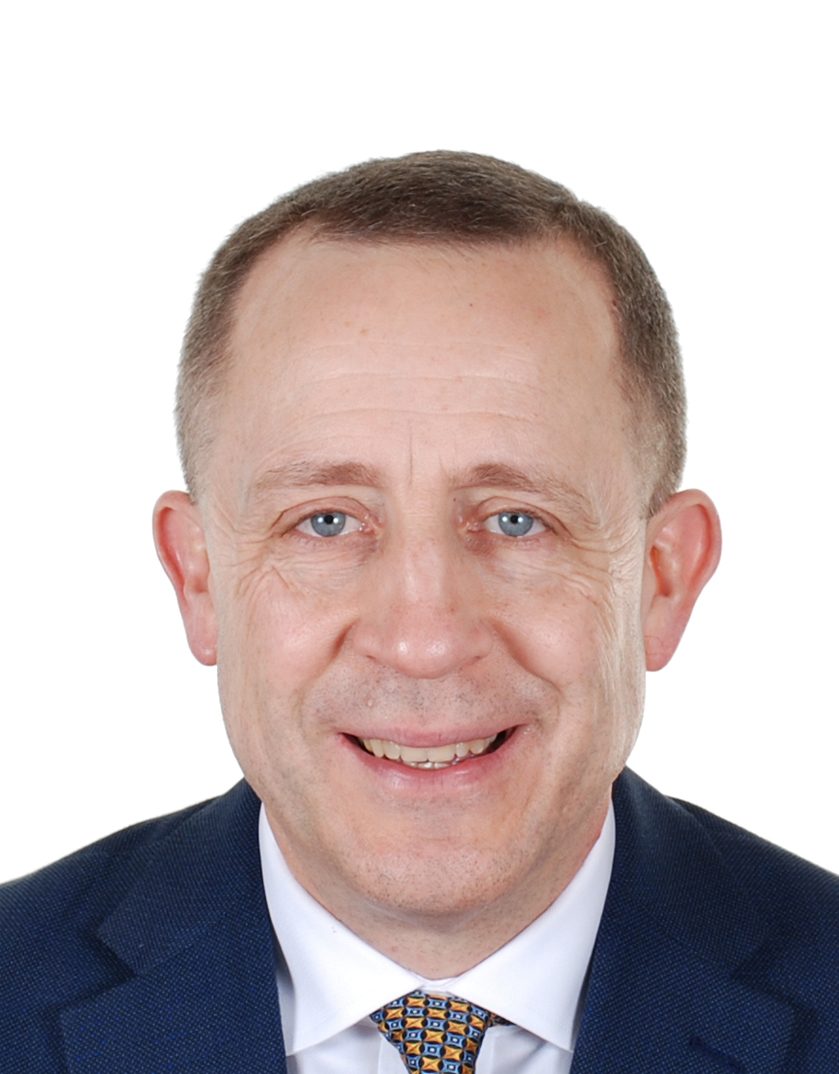PHD IN MARITIME AFFAIRS
The PhD programme has seven active areas of research and a growing school of doctoral students. WMU has a strong tradition of interdisciplinary research at the doctoral level, and has won a large number of externally funded projects, often working in collaboration with partners from industry and government. The structure of the PhD programme makes it flexible and responsive to the needs of both full-time students based in Malmö and candidates based mainly at their employing organization.
WMU’s PhD programme offers students the opportunity to carry out research across the maritime field, but with an emphasis on issues related to the International Maritime Organization’s mission of maritime safety, security and marine environmental protection. Our PhD programme offers unrivalled access to international maritime experts both inside and outside academia, and to organizations working at the forefront of research and development.
PhD students have come to WMU from industry, academia and the government sector, and have completed their dissertations in a very wide range of subject areas, from investigating oil-spill mitigation to an analysis of organizational learning in shipping companies.
PROGRAMME DETAILS
The credit system
The PhD programme consists of 240 ECTS credits completed usually over a registration period of three to six years. Candidates may be based at the University or elsewhere, usually at their place of employment.
Within the time limits of three to six years, candidates may carry out doctoral research at their own pace, which can also vary during their period of enrolment. For example, candidates may choose to spend one year conducting research at WMU full time, and then return home to complete their research over a longer period, with short visits to the University for progression seminars and meetings.
1 ECTS credit (EC) is approximately 25 study load hours. One academic year is generally 60 EC, or 1500 study load hours, or 36 hours per week over an academic year of 20 weeks. For someone who is studying part-time, the average study load will vary.
Individual Study Plan (ISP)
Each candidate will have an Individual Study Plan, agreed with the supervisor(s) and the Director of the PhD programme. This will include the compulsory Research Methods subject (20EC), appropriate taught subjects related to the field of research (40 EC), plus a timetable for the completion of the dissertation, plans for publication in learned journals, and attendance at conferences and seminars.-
Progression
During the first phase of doctoral studies, candidates complete the research methodology subject, and develop their research proposals. At the end of this initial period, the first progression seminar is held, at which candidates each present their research proposals.
Throughout the doctoral programme, the candidates attend taught subjects and also the further progression seminars, where the candidates present their work to date and their research plans for the next twelve-month period. After every seminar, the Progression Board meets, and considers the candidate’s progress. At this Board meeting, decisions are taken as to whether the candidate is to be permitted to progress to the next stage of the research.
A candidate’s enrolment can be terminated at any point if his/her progress is not considered to be satisfactory.
Advanced standing
A candidate who has completed part of a doctoral degree elsewhere may transfer into the WMU programme with advanced standing. Their period of enrolment at WMU will vary in line with the amount of research they have already completed, but the minimum permissible period of enrolment must include at least two progression seminars and the dissertation (180 EC). A candidate with advanced standing must be registered for at least 12 months.
Supervision
All doctoral students have a principal supervisor who is a member of the resident faculty. According to the topic of research, a student may also have a co-supervisor, who may be a member of the resident faculty, a Visiting Professor or a suitable person from outside the University.
APPLICATION FOR ADMISSION
All candidates must complete their applications online through the WMU website, attaching a detailed research proposal outlining the objectives and methodology of their research. In addition, they should arrange for two letters of academic reference from people familiar with their suitability for doctoral research. Certified copies of transcripts and certificates (including the results of an internationally recognized test of English language) supporting the qualifications listed on the form, must be uploaded.
When an academically cleared candidate has paid the first fee instalment, enrolment can be finalized. At this point, each candidate will receive a medical report form, which must be returned to the University, along with a formal declaration that the candidate accepts the conditions of his/her enrolment.
APPLY ONLINE
Doktorsexamen i Maritima Studier
PhD in Maritime Affairs
PhD in Maritime Affairs
Programme Details
Programme Details
The PhD programme has seven active areas of research and a growing school of doctoral students. WMU has a strong tradition of interdisciplinary research at the doctoral level, and has won a large number of externally funded projects, often working in collaboration with partners from industry and government. The structure of the PhD programme makes it flexible and responsive to the needs of both full-time students based in Malmö and candidates based mainly at their employing organization.
WMU’s PhD programme offers students the opportunity to carry out research across the maritime field, but with an emphasis on issues related to the International Maritime Organization’s mission of maritime safety, security and marine environmental protection. Our PhD programme offers unrivalled access to international maritime experts both inside and outside academia, and to organizations working at the forefront of research and development.
PhD students have come to WMU from industry, academia and the government sector, and have completed their dissertations in a very wide range of subject areas, from investigating oil-spill mitigation to an analysis of organizational learning in shipping companies.
PROGRAMME DETAILS
The credit system
The PhD programme consists of 240 ECTS credits completed usually over a registration period of three to six years. Candidates may be based at the University or elsewhere, usually at their place of employment.
Within the time limits of three to six years, candidates may carry out doctoral research at their own pace, which can also vary during their period of enrolment. For example, candidates may choose to spend one year conducting research at WMU full time, and then return home to complete their research over a longer period, with short visits to the University for progression seminars and meetings.
1 ECTS credit (EC) is approximately 25 study load hours. One academic year is generally 60 EC, or 1500 study load hours, or 36 hours per week over an academic year of 20 weeks. For someone who is studying part-time, the average study load will vary.
Individual Study Plan (ISP)
Each candidate will have an Individual Study Plan, agreed with the supervisor(s) and the Director of the PhD programme. This will include the compulsory Research Methods subject (20EC), appropriate taught subjects related to the field of research (40 EC), plus a timetable for the completion of the dissertation, plans for publication in learned journals, and attendance at conferences and seminars.
Progression
During the first phase of doctoral studies, candidates complete the research methodology subject, and develop their research proposals. At the end of this initial period, the first progression seminar is held, at which candidates each present their research proposals.
Throughout the doctoral programme, the candidates attend taught subjects and also the further progression seminars, where the candidates present their work to date and their research plans for the next twelve-month period. After every seminar, the Progression Board meets, and considers the candidate’s progress. At this Board meeting, decisions are taken as to whether the candidate is to be permitted to progress to the next stage of the research.
A candidate’s enrolment can be terminated at any point if his/her progress is not considered to be satisfactory.
Advanced standing
A candidate who has completed part of a doctoral degree elsewhere may transfer into the WMU programme with advanced standing. Their period of enrolment at WMU will vary in line with the amount of research they have already completed, but the minimum permissible period of enrolment must include at least two progression seminars and the dissertation (180 EC). A candidate with advanced standing must be registered for at least 12 months.
Supervision
All doctoral students have a principal supervisor who is a member of the resident faculty. According to the topic of research, a student may also have a co-supervisor, who may be a member of the resident faculty, a Visiting Professor or a suitable person from outside the University.
APPLICATION FOR ADMISSION
All candidates must complete their applications online through the WMU website, attaching a detailed research proposal outlining the objectives and methodology of their research. In addition, they should arrange for two letters of academic reference from people familiar with their suitability for doctoral research. Certified copies of transcripts and certificates (including the results of an internationally recognized test of English language) supporting the qualifications listed on the form, must be uploaded.
When an academically cleared candidate has paid the first fee instalment, enrolment can be finalized. At this point, each candidate will receive a medical report form, which must be returned to the University, along with a formal declaration that the candidate accepts the conditions of his/her enrolment.
Entrance Requirements
Entrance Requirements
The Admissions Board will consider only those applicants who meet the minimum general entrance requirements, which are:
- a Master’s degree, with a dissertation, in a relevant discipline, or an equivalent university qualification
- competence in English language, demonstrated by an internationally recognized standard test
- computer competence
The Admissions Board will select only the best-qualified candidates, taking into account all their qualifications and achievements. The Admissions Board may require applicants to appear for an interview, either on-campus or through remote video, as part of the admissions process.
Tests of English
Applicants must offer one of the following tests of English language:
Test of English as a Foreign Language (TOEFL)
96+ in the internet-based test
590+ in the paper-based test
WMU’s TOEFL institution code is 9198
International English Language Testing System (IELTS)
band 7.0 or above
Cambridge Examinations
Cambridge Proficiency Examination at grade A or B
GCE O-level or the equivalent
a good pass grade
More information on these examinations may be obtained through the following websites:
Fees & Costs
Fees & Costs
For students joining the University in 2024, the full University fee is USD 37,925. For students joining on or after 1 January 2025, the full fee is USD 39,500. The first instalment is paid on enrolment, while subsequent instalments are paid prior to the second, third, and fourth progression seminars. The tuition fee includes supervision, library and laboratory access, IT support, and medical, life and accident insurance.
In addition, a student needs around SEK17,000 per month for rent and general living costs in Malmö, plus air tickets.Other sources of financial support (for example, the US Department of Veterans Affairs) may be accessed by candidates.
Payments to the University
Payments to the University should be sent to:
Account Name: The World Maritime University
Account Number: 3968-77-02567
IBAN Number: SE66 3000 0000 0396 8770 2567
BIC Code: NDEASESS
Bank Name: Nordea
Bank Address: PO Box 24, SE-201 24 Malmö, Sweden
Details of the transfer of funds should be sent to the Registry by email (phd@wmu.se).
Research Priority Areas
Research Priority Areas
Doctoral research at WMU falls mainly within one of the following research priority areas (RPAs). Additionally, the WMU programme also offers excellent opportunities for interdisciplinary projects, allowing doctoral candidates to pursue their own, and their organization’s, particular interests.
Environmental Impacts of Marine Activities
This RPA is linked to the precarious state of the environment in respect of life due to human activities. Research in this area will seek to explore the effects of maritime activities on the natural environment, ways (at policy and operational levels) of limiting and ideally avoiding such effects, and the development of new and sustainable practices for the maritime industry. This research area also offers opportunities to contribute toward the achievement of SDG14 targets through investigation of the global social-ecological system that interconnects the oceans, coasts and land.
Maritime and Marine Technology and Innovation
This RPA interrogates developments of technology in ship operations (including the evolution of automation and digitalization), education and training (including e-learning), ship safety, information and communication for ship business (e-documentation) and its effect on the social, legislative and administrative dimensions of shipping. The cross-cutting nature of technology and innovation establishes an almost universal link between this RPA and all the other RPAs.
Maritime Economics and Business
This RPA focuses on the optimization of shipping, ports and their sustainable management from economic and logistics/supply chain perspectives. It explores all areas of shipping and port management, and offers the chance of carrying out in-depth investigation within the fields of maritime economics and policy, shipping and/or port operations and management, and shipping finance and portfolio management, as well as in such related fields as global supply chains and maritime logistics, port governance. and performance, and maritime analytics using big data.
Maritime Energy Management
This RPA seeks to advance the knowledge in the Maritime Energy Management field by conducting world-class fundamental and applied research in the thematic areas of energy efficiency, regulatory frameworks, renewable energy, social factors related to energy, the economics of energy and energy-related technology/innovation. The thematic areas will be addressed using a ship life-cycle perspective (design, production, operation and recycling) and in consideration of the impacts of shipping on oceans, through ports and to shipyards.
Maritime Law, Policy and Governance
This RPA focuses on maritime legislative and administrative requirements and the policies that are associated with them at the international, regional and national levels. Of particular interest is the inquiry into processes related to the design, formulation, and evaluation of maritime law and policy. This includes examining performance monitoring systems using such tools as benchmarking and auditing. Also of particular importance is the research into implementation mechanisms, e.g., under the legal enforcement regimes prescribed by the IMO, ILO and other UN bodies.
Maritime Safety
This RPA focuses on complex concepts and models of safety and their influence on operations at sea and ashore. It will examine digitalization, artificial intelligence and machine learning in a simulation context. It will also explore how safety and security can be improved through policy, legislation, social dynamics (human factors/ergonomics), accident aetiology, and simulation. The research area also covers the increasing disruption by technology of traditional approaches to maritime operations and the consequences of this on operational safety, security, human factors and labour supply.
Maritime Social and Labour Governance
This RPA focuses on organizational behaviour and decision-making processes by examining dynamics of corporate interaction, in particular in global networks and supply-chains, and with humans. It also seeks to interrogate issues related to individuals and organizations and their development through education, training and organizational learning. It aims to create a better understanding of the interactions between humans and organizations in order to optimize well-being and overall performance and in particular the role of education in this regard.
WMU-Sasakawa Global Ocean Institute
The WMU-Sasakawa Global Ocean Institute carries out and coordinates research in line with its vision to act as an independent focal point for the ocean science-policy-law-industry-society interface where policy makers, the scientific community, regulators, industry actors, academics, and representatives of civil society meet to discuss how best to manage and use ocean spaces and their resources in accordance with the UN SDGs. Through evidence-based research, the Institute seeks to provide new perspectives on how to address the manifold threats facing the ocean.
January 2022
Maritime Energy Management
Maritime Law & Policy
Maritime Safety & Environmental AdministrationOcean Sustainability, Governance & Management
Port Management
Shipping Management & Logistics
For more information contact:


